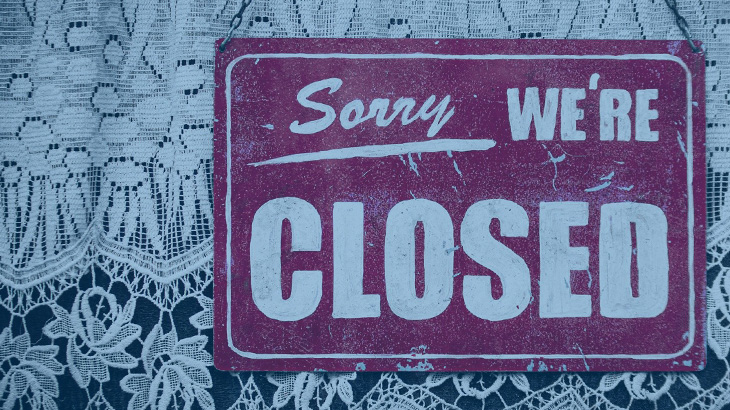Question. Like many other Canadians, I have been affected by COVID-19 and the corresponding economic shutdown. I have been receiving Canada Emergency Response Benefit (CERB) payments for the last few months, and wondering if there are any tax implications?
Answer. As we know, the Canada Emergency Response Benefit (CERB) is designed to provide financial support to both employed and self-employed Canadians who are directly affected by COVID-19. The program provides $2,000 for a 4-week period, and individuals may re-apply for up to a total of 28 weeks.
Taxation of CERB is a very important issue, and unfortunately many who are receiving CERB benefits are unaware of the related tax consequences, and may be setting themselves up for a big surprise when they file their taxes.
The answer is, ‘yes’ – CERB payments are taxable just like ordinary income received from employment. However, unlike most regular employment income, CERB may appear to be tax-free as there is no tax withheld on CERB payments. What does this mean?
Understanding Payroll and Withholding Tax
In Canada, employers are required to withhold a portion of the income payable to an employee. The amount withheld typically includes CPP contributions, EI premiums, and income tax deductions. The employer then remits these amounts to the government on behalf of the employee.
Therefore, at the end of the year, you’ve already paid a significant portion, and maybe all, of the income tax you owe on your income, as your employer has been deducting it from your pay all throughout the year. When you file your taxes, if your employer hasn’t deducted enough, you may still owe an amount to CRA. On the other hand, if your employer has deducted too much, you may be entitled to a refund at tax time.
This is similar to RRSP withdrawals as well, where every dollar withdrawn from your RRSP is also taxable, and where a withholding tax is also applied. Note that the withholding tax on RRSPs is not an additional tax, just like the income tax your employer withholds from your pay isn’t an additional tax. Rather, a pre-payment of the tax owing. In all provinces except Quebec, the amount of tax withheld on RRSP withdrawals is determined as follows:
- If you withdraw up to $5,000, the withholding tax rate is 10%
- If you withdraw between $5,001 and $15,000, the withholding tax rate is 20%
- If you withdraw more than $15,000, the withholding tax rate rises to 30%
Again, keep in mind this is only the withholding tax, and not necessarily the actual amount of tax owing on those withdrawals, which may end up being more or less than the amount withheld at source at the time of withdrawal.
Income Tax
The actual amount of tax an individual owes, whether it’s on employment income, RRSP withdrawals, CERB benefits, or otherwise, is determined primarily by their total income and province of residence. There are many online calculators that can help you determine how much income tax you owe, such as this one from Ernst and Young.
The main purpose of withholding taxes at source, is to ensure at least a portion of the tax owing is paid. Conversely, giving people the entire amount tax-free up front, and then requiring them to pay all taxes later when they file their taxes, would likely be a disastrous situation for many. This is especially true for those who lack financial discipline, and are more inclined to spend money as they receive it.
Consider, for example, an employee who makes $50 per hour, and works 40 hours per week – that’s $2,000 earned each week. But of course, as an employee, you don’t receive the full $2,000, as taxes are withheld and you therefore receive a lesser, net amount after tax. And, of course, this is the potential problem with CERB payments – none of the taxes owing have been withheld, which may leave many CERB recipients in for a big surprise at tax time. Don’t let it happen to you!
Bottom Line: CERB and Taxes
If you’ve been receiving CERB payments, make sure you set aside some of that money to pay your taxes next April. In the meantime, if you have any questions about planning for your taxes, or about any of our investment advisory services at ModernAdvisor, just contact us.
